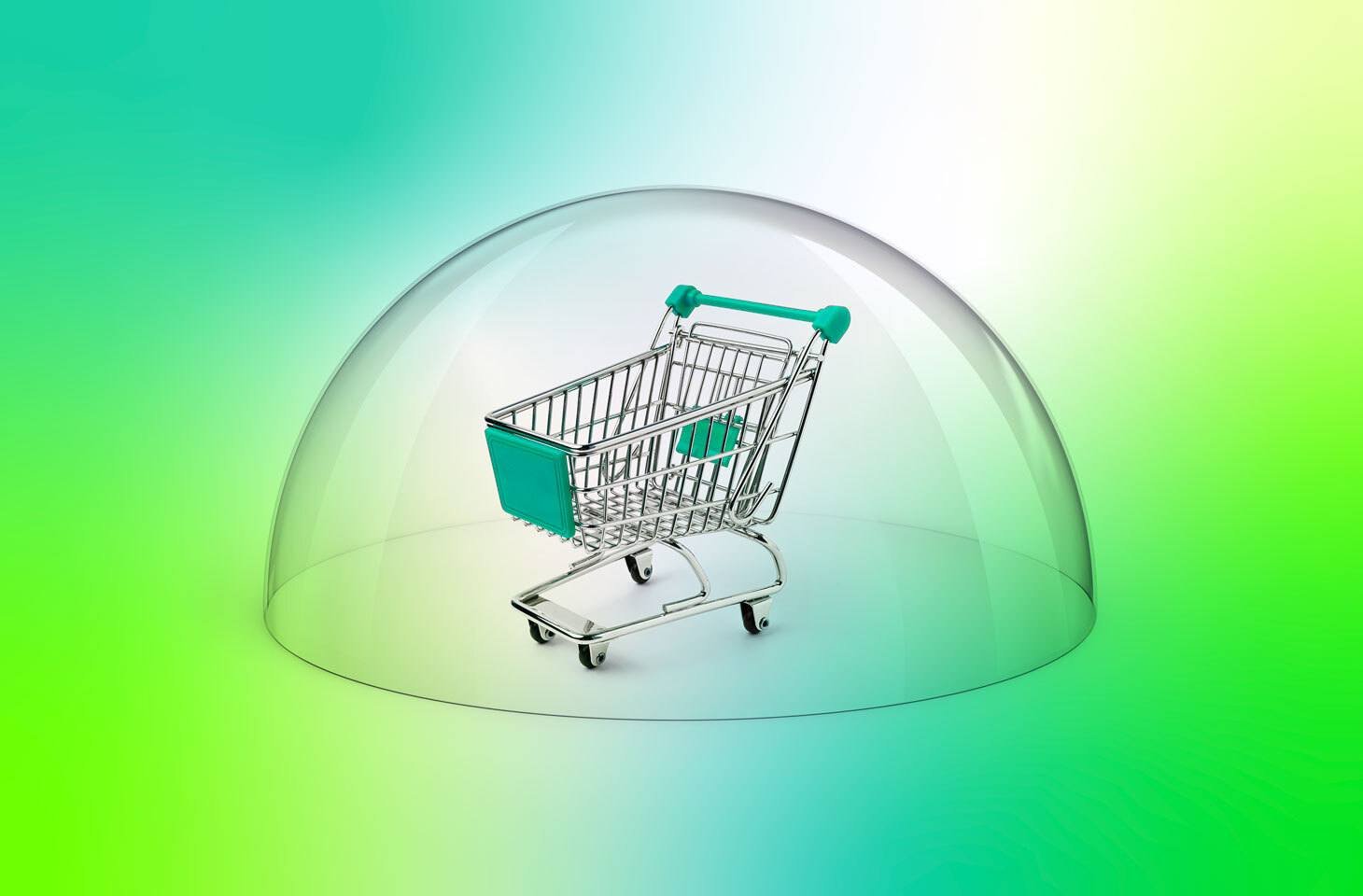Sales fever vs consumers – who wins?
The new global survey “The Super Sale Game: who’s the winner? A study on how we shop and pay”, commissioned by Arlington Research for Kaspersky, explores consumers’ views and shopping behavior when it comes to big sales events such as Black Friday or Cyber Monday.
A new Kaspersky survey reveals that 93 percent of purchases in the Asia Pacific region occur spontaneously during Black Friday and Cyber Monday. It also discovered that social media makes an unexpectedly big contribution to sales results, as more than half (77%) of followers in APAC attempt to get whichever special deals their favorite influencers and online bloggers recommend. The survey also found women (22%) are more dedicated super-sales shoppers than men (17%), and most respondents (69%) are ready to wait for big events to get the best deals.
Black Friday and Cyber Monday are extremely popular global sales events. They usually involve millions of people around the world. In particular, Black Friday online sales grew 3.5 percent to $65.3 billion globally in 2022. Besides, according to the Salesforce survey on sales recap, consumers spent $1.14 trillion online globally across the Holiday Season. Considering this, Kaspersky explored users’ behavior and habits related to big sales events such as Black Friday and Cyber Monday.
“The holiday season is a busy time for retailers in APAC. At the same time, our Kaspersky telemetry proves that fraudsters also ramp up their activities, taking advantage of the increased online traffic and shoppers’ desire for bargains. It’s critical to be cautious and use secure online practices to protect yourself from potential threats while taking advantage of the benefits of the ever-growing digital marketplace,” comments Adrian Hia, Managing Director for Asia Pacific at Kaspersky.
Survey results show that most consumers cannot resist the flood of special offers during Black Friday or Cyber Monday, and the majority buy anything despite any previous plans. 93% of respondents in APAC buy things spontaneously during such sales, and as many as 66% do so most or even all of the time. In addition, bloggers, friends, and relatives also have a great influence on spontaneous purchases.
For example, 77% of respondents are willing to buy a product if they saw it in recommendations from bloggers they follow. At the same time,59% of users are ready to buy something unplanned if they receive a recommendation from friends or family members.
Women are more dedicated super-sales shoppers, with 22 percent saying they will always make spontaneous purchases during Black Friday and Cyber Monday, compared to only 17 percent of men. Those aged 25 to 34 years also stand out: 23 percent say that they will always buy something spontaneously during these events, significantly more than in any other age group.
As for the importance of big sales events for respondents, 76 percent are ready to wait until big events like Black Friday or Cyber Monday to get the best deals in the APAC region. While 83 percent of consumers say that they make use of the run-up to these events to plan their bigger purchases in advance, hoping to make the most of price cuts and special deals.
“For many, Black Friday and Cyber Monday are a great way to save serious money on a variety of purchases, so each year, these days are marked by unprecedented excitement and interest in online and offline shopping. As our research shows, 90 percent of users buy things spontaneously during big sales events and may not pay much attention to safety, trying to snatch the best offer. Our solutions for safe online shopping – like Kaspersky Premium – can be a reliable assistant in online payments security, which will protect not only your personal data, but also financial information, and will also warn you so you don’t end up on a phishing site,” comments Marina Titova, Vice-President, Consumer Product Marketing at Kaspersky.
Full report “The Super Sale Game: who’s the winner? A study on how we shop and pay” is available via the link.




